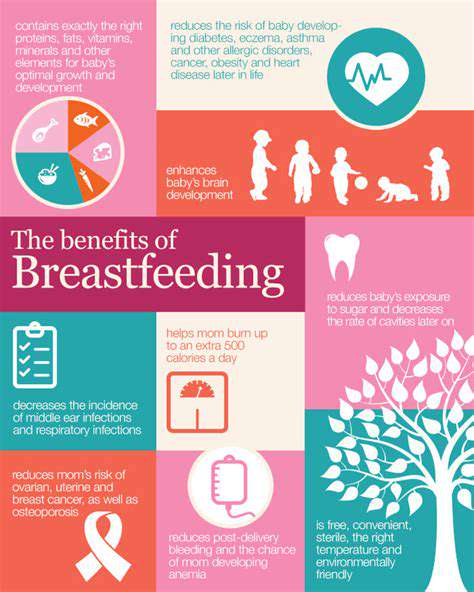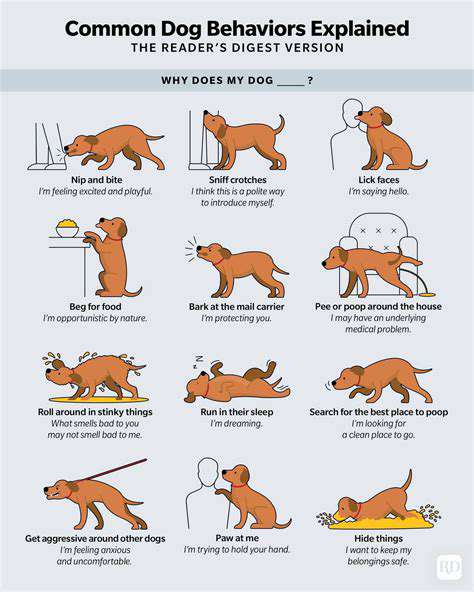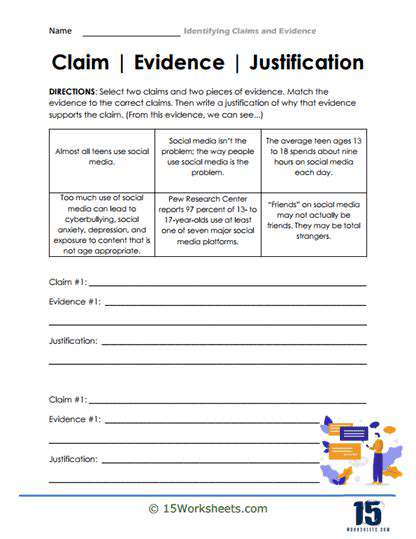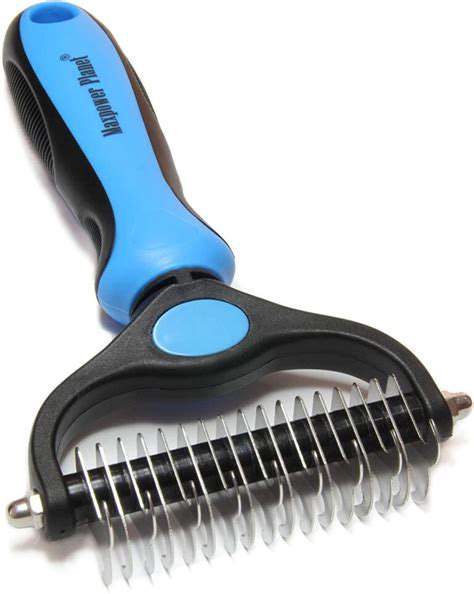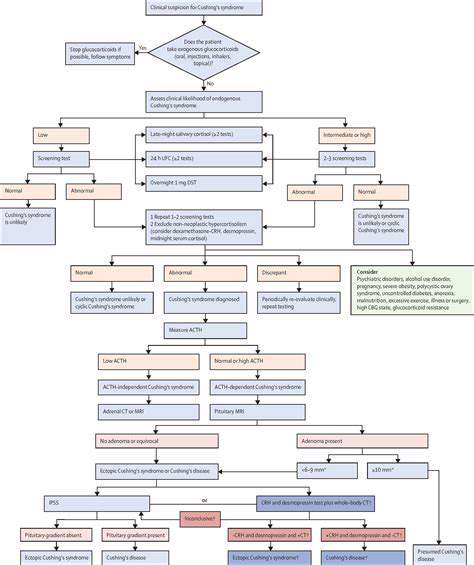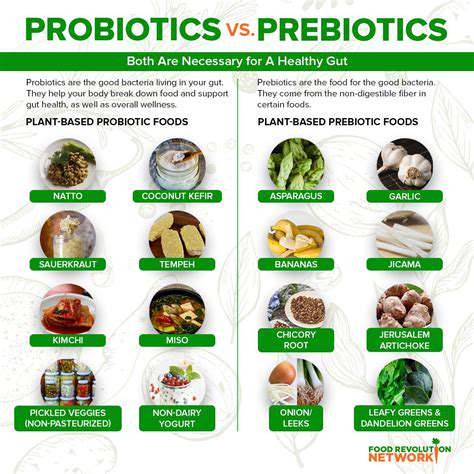Dangers of Antifreeze: Protecting Your Pet
Understanding the Danger
Antifreeze, a seemingly innocuous liquid used in vehicles to prevent engine freezing, poses a significant and often silent threat to animals. Its sweet, tempting taste, combined with its common presence in various outdoor locations, makes it a surprisingly accessible toxin. This deceptive nature underscores the critical need for vigilance and responsible storage, as even a small amount of ingested antifreeze can have devastating consequences for pets, livestock, and wildlife.
The primary danger lies in the chemical composition of antifreeze, primarily ethylene glycol. This substance is rapidly absorbed into the animal's bloodstream, where it is metabolized into toxic byproducts that attack vital organs, including the kidneys, liver, and central nervous system. The initial signs of poisoning may be subtle and easily overlooked, making prompt veterinary intervention crucial for survival.
Symptoms and Consequences
Animals exposed to antifreeze may exhibit a range of symptoms, including excessive thirst, vomiting, lethargy, tremors, and difficulty breathing. These symptoms can appear within hours of ingestion and can progress rapidly, leading to severe organ damage and even death if not treated promptly. The insidious nature of antifreeze poisoning is a major concern, as the initial symptoms might not be immediately recognized as a result of antifreeze exposure.
The consequences of antifreeze poisoning can be devastating. Kidney failure, liver damage, and neurological disorders are common outcomes. In severe cases, the damage can be irreversible, leading to long-term health problems or even euthanasia. Early detection and treatment are essential to minimize the potential harm and ensure a positive outcome.
It's crucial to be aware of the symptoms and to seek immediate veterinary attention if you suspect your animal has ingested antifreeze. Prompt action can significantly improve the chances of recovery.
The potential for long-term complications highlights the importance of preventing access to antifreeze altogether.
Prevention and Mitigation
Preventing antifreeze poisoning in animals is paramount. Proper storage of antifreeze in tightly sealed, child-resistant containers is crucial. Storing antifreeze in a secure location, away from areas where animals might have access, is essential. This includes garages, sheds, and even open areas where spills might occur.
Educating pet owners, livestock keepers, and community members about the dangers of antifreeze is vital. Promoting awareness through public service announcements and educational materials can significantly reduce the risk of accidental exposure. This preventative measure can save lives and prevent the suffering associated with antifreeze poisoning.
If you have a pet, consider using alternative substances for preventing freezing in your car's cooling system. These products are designed to be safe for both animals and the environment. Additionally, consider installing a pet-proof barrier to prevent access to potential sources of antifreeze.
Protecting Your Pet: Preventing Antifreeze Exposure
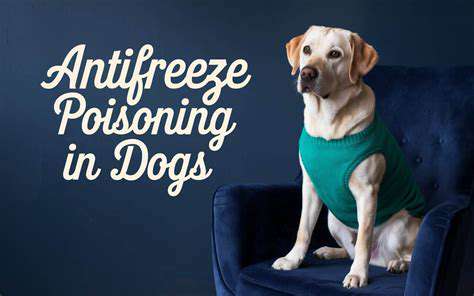
Protecting Your Pet from Parasitic Infections
Parasitic infections are a significant threat to the health and well-being of pets. These infections can range from mild discomfort to severe illnesses, potentially even leading to death. Understanding the various types of parasites, their life cycles, and the preventative measures available is crucial for pet owners. Proper parasite prevention strategies can significantly reduce the risk of your furry friend contracting these often debilitating illnesses.
Fleas, ticks, heartworms, and roundworms are just a few examples of common parasites that can affect pets. These parasites can cause a wide range of symptoms, including skin irritation, anemia, and organ damage. Early detection and treatment are essential to minimizing the impact of these infections and ensuring a positive outcome for your pet.
Importance of Regular Veterinary Checkups
Routine veterinary checkups are essential for maintaining your pet's health and preventing potential problems. During these visits, your veterinarian can perform a thorough physical examination, identify any early signs of illness, and recommend appropriate preventative measures. This proactive approach can significantly improve your pet's overall quality of life and longevity.
Regular blood tests and fecal examinations can help detect the presence of parasites or other health issues early on, before they become severe. This allows for prompt treatment and minimizes the risk of complications. By catching potential problems early, you're giving your pet the best chance at a healthy and happy life.
Environmental Hygiene and Prevention
Maintaining a clean and hygienic environment is crucial for preventing parasite infestations. Regular cleaning of your pet's living space, including bedding, toys, and areas where they spend time, can significantly reduce the risk of parasites taking hold. Regular grooming and bathing can also help remove fleas, ticks, and other parasites.
Controlling potential external parasite populations in your home and yard can also make a significant difference. This might involve using appropriate pest control products, keeping your yard well-maintained, and avoiding contact with potentially infected animals.
Nutritional Support and Healthy Habits
A balanced and nutritious diet is essential for supporting your pet's overall health and immune system, making them better equipped to resist infections. A diet rich in essential nutrients and vitamins can enhance their natural defenses and resilience against parasites. High-quality commercial pet foods or a veterinarian-approved diet can provide these crucial nutrients.
Regular exercise and a stimulating environment can also contribute to a healthy immune system. Encouraging play, walks, and mental enrichment activities can positively impact your pet's overall well-being and help prevent illness.
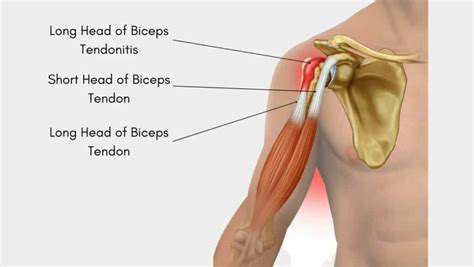
Read more about Dangers of Antifreeze: Protecting Your Pet
Hot Recommendations
- Best Pet Bowls: Stainless Steel and Ceramic
- Pet Hydration: Why It's Crucial
- Stop Counter Surfing: Training Your Dog to Stay Off
- Pet Hypothyroidism: Symptoms and Management
- Signs of Pet Liver Disease: What to Watch For
- Pet Emergency Kits: What to Pack
- Dangers of Xylitol: Toxic to Dogs
- Dealing with Pet Diarrhea: When to See a Vet
- Preparing Pets for Travel: Tips for a Smooth Trip
- Pet Depression: Recognizing the Signs
